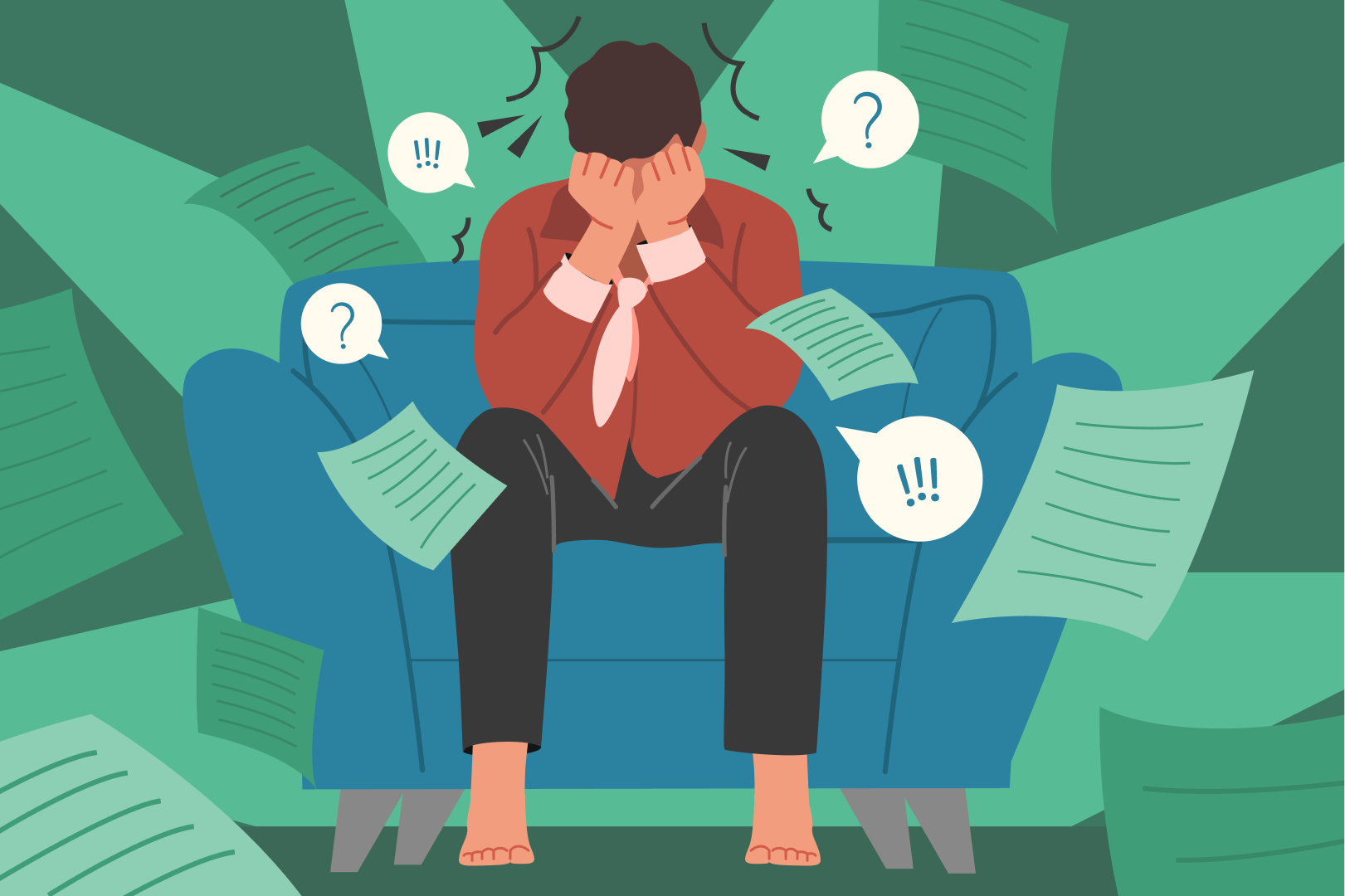Addressing mental health needs in school is critically important because 1 in 5 children and youth have a diagnosable emotional, behavioral or mental health disorder and 1 in 10 young people have a mental health challenge that is severe enough to impair how they function at home, school or in the community.
Being able to recognize and support kids mental health in schools matters because:
- Mental health problems are common and often develop during childhood and adolescence
- They are treatable!
- Early detection and intervention strategies work. They can help improve resilience and the ability to succeed in school & life.
How Do Mental Health Disorders Affect Children and Youth at School?
Mental Health Disorders can affect classroom learning and social interactions, both of which are critical to the success of students. However, if appropriate services are put in place to support a young person’s mental health needs we can often maximize success and minimize negative impacts for students.
One of the problems that families frequently run into is getting the school to recognize the role of mental health disorders in relationship to the difficulty their child is having. Getting agreement to put strategies in place to address mental health issues and help the youth to better manage his or her mental health symptoms at school is sometimes equally as challenging.
Children’s mental health can affect young people in a variety of ways to varying degrees in the school environment. One child’s symptoms may be really hard to manage at school while another child with the same condition may not have much difficulty. In addition, like all of us, kids with mental health challenges have good days and bad, as well as, times periods when they are doing really well and times when their mental health symptoms become more difficult to manage.
When figuring out the types of supports and services to put in place, it is important to keep in mind that all kids are unique with differing needs and coping mechanisms. The mental health interventions that are chosen need to be based on the individual needs of each child and be able to flex in order to provide more or less support as needed.
Children with mental health needs often need a variety of types of supports in school for them to be successful. For example, a child with hyperactivity may benefit from working some activity into their daily classroom routine. A child with Oppositional Defiant Disorder might benefit from their teachers being trained to interact with them in a certain way. A young person who struggles with disorganization might be helped by being taught planning skills. Children who may become aggressive and those who get overly anxious may benefit from exploring what things lead up to those feelings and being taught strategies to recognize when it is happening and things to do to avoid the problem from escalating.
Sometimes meeting mental health needs in schools may require special instruction and/or practice. For example, if the child needs help for difficulties with social interactions or communication difficulties it may help to teach them new skills and have them practice using them by role-playing or trying them out in small groups.
It is also helpful to look at how mental health symptoms may affect a child in the classroom and the accommodations that may help. For example, children and youth with anxiety disorders may often struggle in school because they are so preoccupied with their ‘worries’ that it makes it hard for them to pay attention. They may have physical complaints like stomach and headaches and may be frequently absent. They may also have trouble starting or completing their work because they are worried that it won’t be right. Sometimes their fear of being embarrassed, or getting something wrong or their fear of having to interact with others may lead them to them to avoid group and social activities and perhaps school all-together.
Possible accommodations or strategies that may help include:
- Allowing flexible deadlines or letting the student have an option to re-do work so they feel more confident turning it in.
- Helping the teacher to recognize escalating anxiety in a child and equipping them with the tools to intervene and help the child to implement strategies that help manage their anxiety.
- Pre-planning for group discussions to help reduce their anxiety about what they will share or say.
- Make a plan for what to do when they are unable to focus due to worries.
- Allow for breaks or opportunities to de-stress.








